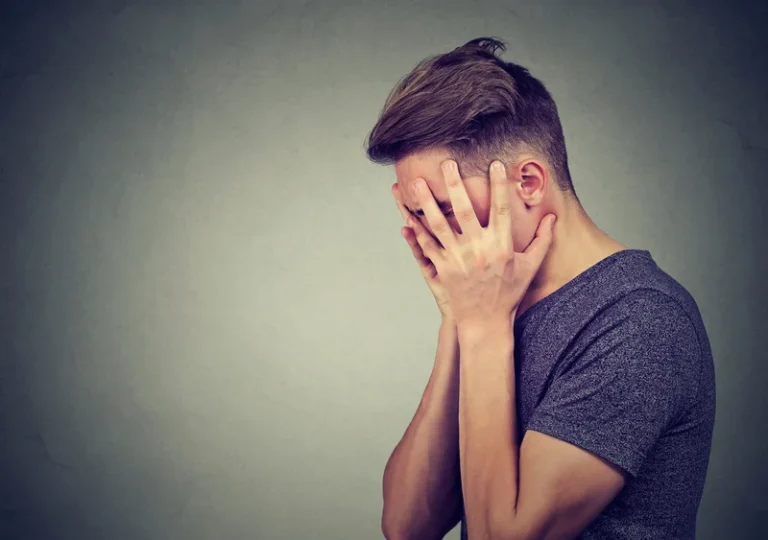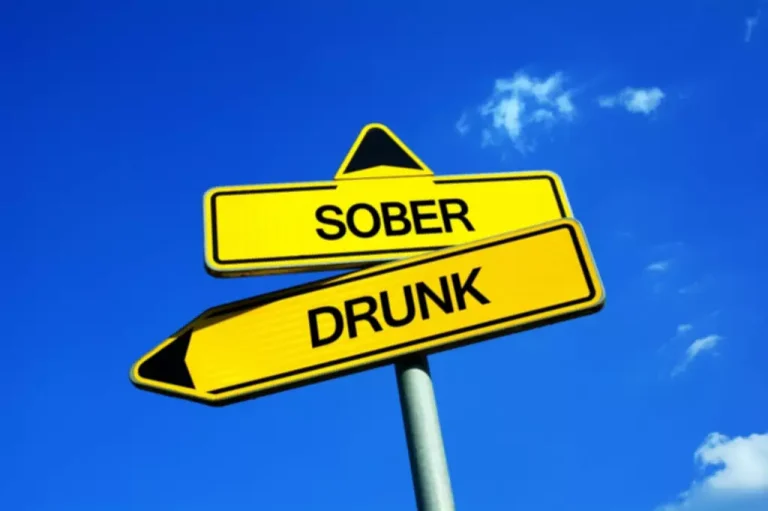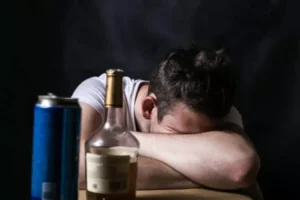
If you turn to booze to help you snooze, you could be messing with the quality of your sleep. Here’s what else to know about the relationship between nightcaps and your nightly rest. Sunnyside uses a psychology-based approach to help you drink more mindfully, no matter what your goal is. You’ll get a 100% custom plan, then use daily texts to track your progress and help you stay on target. The compensation we receive from advertisers does not influence the recommendations or advice our editorial team provides in our articles or otherwise impact any of the editorial content on Forbes Health. The Sleep Foundation editorial team is dedicated to providing content that meets the highest standards for accuracy and objectivity.
- While every person’s individual sleep cycle varies, it’s generally true that each of us goes through four to six rounds of it.
- Dr. Khosla runs a telemedicine outreach program that serves rural areas in North Dakota and has done so for the past decade.
- Anxiety symptoms can cause or worsen insomnia for some individuals.
- Drinking to fall asleep regularly can build up a tolerance to alcohol, gradually lessening booze’s ability to help you drift off, according to the National Sleep Foundation.
- If you’ve had several drinks, it’s best if your last drink is finished at least several hours before you go to bed.
- People who consistently drink too much alcohol may eventually build up a tolerance to its initial sedative effects.
The power behind your next best day
This can happen with low doses, when your blood alcohol levels are rising, and when you drink alcohol at different times of the day. This can also happen if you drink alcohol with caffeine (think espresso martinis or vodka Red Bulls) or with a lot of sugar (i.e. sugary cocktails or energy drinks). You probably enjoy the occasional glass of wine with dinner or cocktail with friends, but did you know that even light alcohol consumption can negatively impact your sleep?
What Happens When You Drink Alcohol Right Before Bed?
Sleep architecture is biologically driven and finely calibrated to meet the body’s needs during nightly rest—changes to the natural, typical structure of sleep aren’t generally good for health or well being. REM sleep, which gets shortchanged in the first half of the night under the influence of alcohol, is important for mental restoration, including memory and emotional processing. “Typically, it’s advised to stop drinking alcohol around three to four hours before bed. This should give the body enough time to metabolize the alcohol and get it out of one’s system, allowing them to enjoy unaffected sleep,” explains Dr. Hsu. If you are one of the nearly two thirds of Americans who drink alcohol, chances are, you’ve had a drink in the hours before bedtime. Maybe you enjoy a glass of beer or wine after dinner, or your weekends include drinking with friends at bars or social events.

Individualized, evidence based treatment, to fit your needs.
If you drink when your energy is naturally rising (like in the early evening), alcohol may be more stimulating and increase how long it takes to fall asleep. Below, we’ll dive into common questions about alcohol and sleep, including how it impacts your sleep, why alcohol makes you sleepy, and how you can get a better night’s sleep after you’ve had a few drinks. Plus, we’ll cover how you can use the RISE app to get a better night’s does alcohol help you sleep sleep, whether you’re drinking or not. It is recommended that alcohol not be consumed in the last four hours before bedtime. Even though alcohol may help you fall asleep, it interferes with the quality of your sleep. Dr. Willeumier explains that while the sedative properties of alcohol increase deep sleep during the non-rapid eye movement phase (NREM), it also reduces the time spent in the rapid eye movement (REM) phase.

Healthy Bedtime Snacks To Eat Before Sleep
- People who abuse alcohol long-term don’t seem to display the deep recovery sleep that most people show after sleep deprivation, suggesting that the homeostatic drive is no longer functioning as it should.
- “REM sleep is critical to healthy brain function as it is essential in emotional regulation and the consolidation and retention of memories,” says Dr. Willeumier.
- There’s a complicated relationship among depression, alcohol, and sleep.
- It works fast too — 80% of RISE users get more sleep within five days.
This is why you’ll often see a warning label on these medications advising you to avoid alcohol. Using alcohol to help you relax and sleep may actually be masking a sleep disorder that needs treatment. Combine alcohol with a fatty kebab or a late-night curry and your body has its work cut out keeping you cool and keeping you asleep. Too many pints — or that extra glass of wine — can be the trigger for waking up bathed in sweat with your pillow soaking wet. Because alcohol is highly calorific, drinking too much means that your body is suddenly faced with having to burn off these additional calories.
- She recommended having your last drink at least three hours before you plan to go to bed.
- There are multiple alcohol effects that can contribute to a hangover, but chief among them is dehydration.
- In the long term, frequent disruptions to our natural sleep cycle may alter the homeostatic drive in a more permanent way.
- If you really want to maintain healthy sleep, she says to limit your alcohol intake to one drink per week.
- Individuals with insomnia have difficulty maintaining a consistent sleep schedule.
- Dr. Willeumier explains that while the sedative properties of alcohol increase deep sleep during the non-rapid eye movement phase (NREM), it also reduces the time spent in the rapid eye movement (REM) phase.
Experts state that acute insomnia lasts up to a few days to weeks, while chronic insomnia continues for several months. If you’re planning on heading out for a night that will involve some drinks, there are some things you can do to help you sleep afterward. Simply cutting back or giving up alcohol or other drugs can be enough to reverse the negative impacts on your sleep (and can greatly improve your health overall). Even though a glass or two may help you initially drift off faster, it probably won’t benefit your sleep quality in the long run. Lindsay Modglin is a nurse and professional writer who regularly writes about complex medical topics, as well as travel and the great outdoors.

- It is recommended that alcohol not be consumed in the last four hours before bedtime.
- Those effects of alcohol on the biological clock appear to persist even without additional drinking, according to research.
- We’ve covered more on how long before bed you should stop drinking alcohol here.
- They may turn to alcohol to reduce their anxiety symptoms, which also increases insomnia, exacerbating their anxious feelings.
